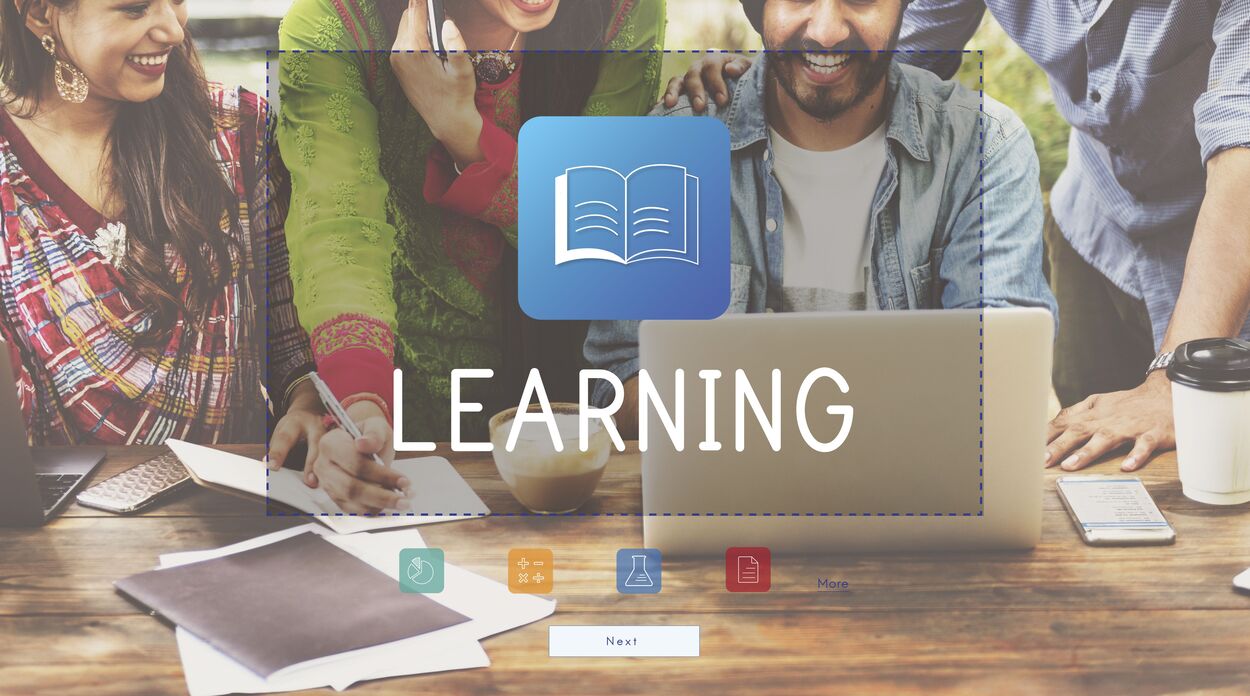Learning Management System (LMS):
A Learning Management System is a software platform designed to facilitate the management, delivery, and tracking of educational content and resources for both students and instructors. Here are some common features and functions that an LMS may include:
1. Course Management : Instructors can create and organize course content, including syllabi, assignments, and assessments.
2. Online Learning : LMS platforms often support online learning, allowing students to access course materials, participate in discussions, and submit assignments online.
3. Grading and Assessment : Instructors can grade assignments and assessments within the LMS, and students can view their grades and feedback.
4. Discussion Forums : LMS systems often include discussion forums where students and instructors can engage in asynchronous discussions related to course topics.
5. Resource Repository : A repository for educational resources such as documents, videos, and links that can be accessed by students.
6. Announcements : Instructors can post announcements and updates for their courses.
7. Analytics and Reporting : LMS platforms may provide analytics and reporting tools to track student progress and engagement.
8. Integration : LMS systems can often integrate with other tools and systems, such as video conferencing software, library resources, and student information systems.
e-Resources :
E-resources, short for electronic resources, refer to digital materials and content that are accessible online and can be used for educational purposes. These resources can include:
1. E-books : Digital books that students can access and read on their devices.
2. Online Journals and Databases : Access to academic journals, research papers, and databases for conducting research.
3. Multimedia Content : Educational videos, audio recordings, animations, and interactive simulations.
4. Webinars and Web-based Lectures : Live or recorded lectures and presentations delivered over the internet.
5. Open Educational Resources (OER) : Free and openly licensed educational materials that can be freely used, modified, and shared.
6. Digital Libraries : Online collections of educational materials and documents.
7. Online Tutorials and Courses : Self-paced online courses and tutorials on various subjects.
8. Research Tools : Software and tools that support research and data analysis.
To get specific details about the Learning Management System and e-resources available at CT University, I recommend visiting the university's official website or contacting the university's IT or academic departments. They should be able to provide you with up-to-date information about the specific platforms and resources they use to support teaching and learning.
